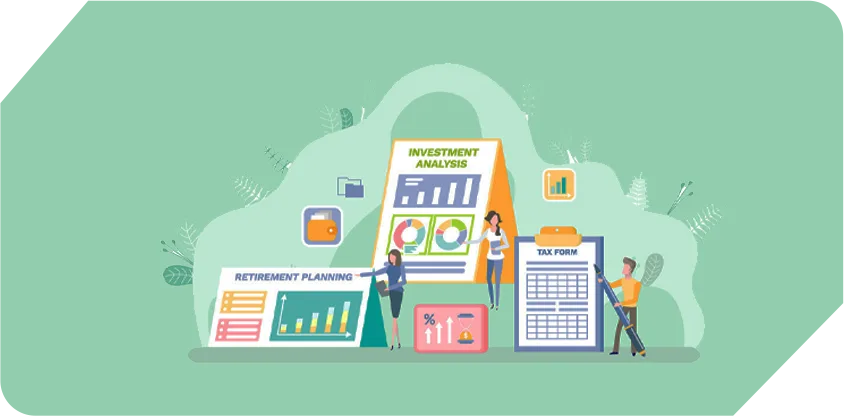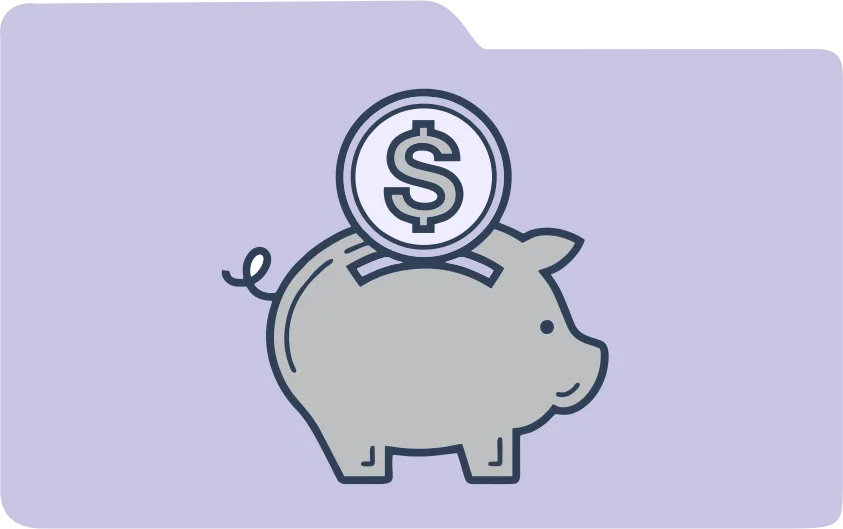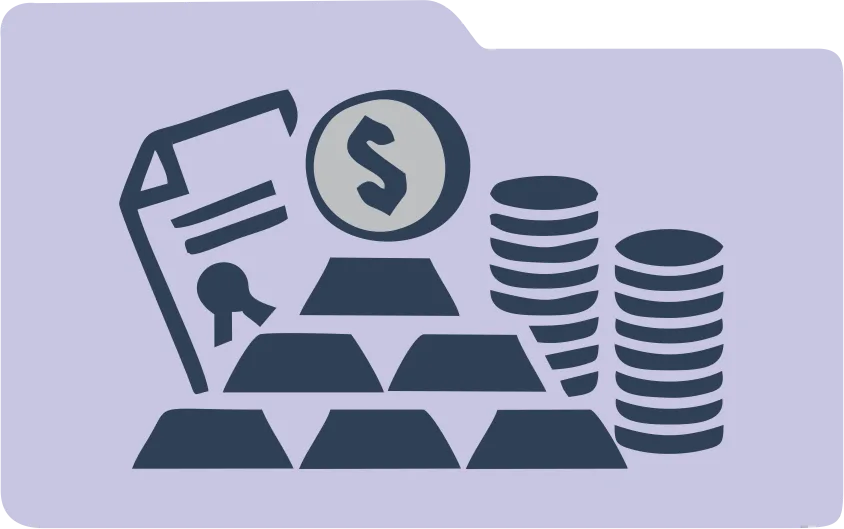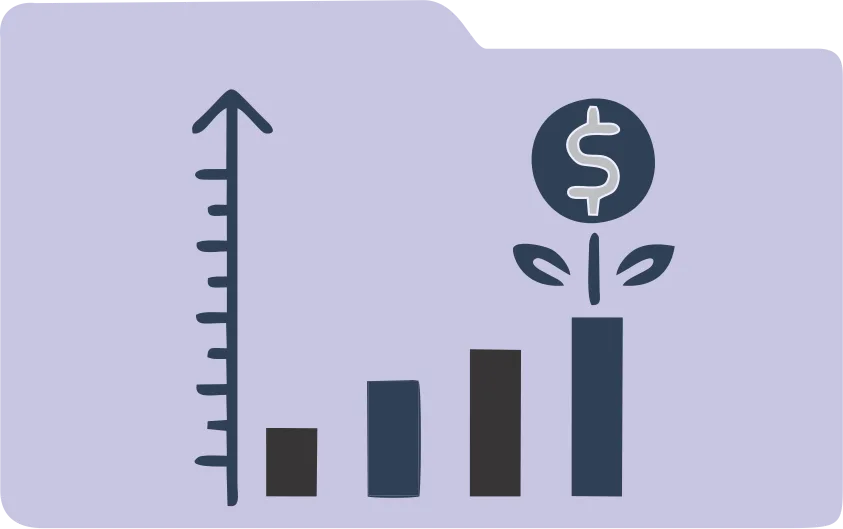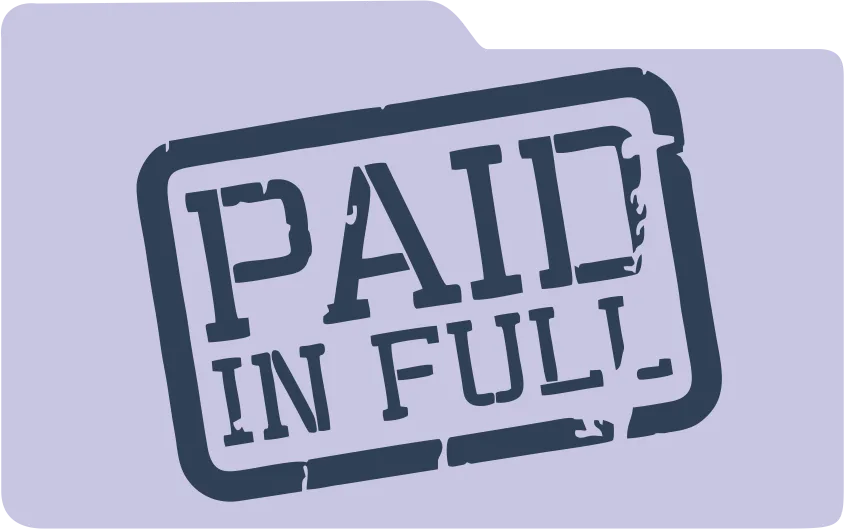Some people wonder where their money went, because they ran out of money and this can be due to two reasons: either you ran out of money because your income is not enough to cover your expenses, or you don’t know how to manage your money wisely.
Whatever the case, most people don’t budget properly and don’t have spending discipline, it’s easy to go over budget and end up spending more than you earn when you don’t know what you’re spending on. Other reasons people run out of money include not anticipating unexpected expenses, taking on too much debt, and living beyond their means; In short, due to bad financial habits.
As financial obligations increase, people can find it difficult to manage spending and save money, leading them to run out of money faster.
Avoid bad habits
Avoiding bad habits is essential to leading a healthy financial lifestyle. It’s important to recognize habits that can be bad for your finances and mental health and take steps to break them.
Bad financial habits can have serious and long-lasting consequences, including high levels of debt, financial insecurity, and a lack of financial freedom. Avoiding bad financial habits is important to ensure your financial health and your future.
Bad money management habits can lead to debt, which can take years to pay off. Debt accumulation can also lead to high interest rates, which can make it difficult to pay off debt.
Excessive spending can lead to financial hardship, as you may not have enough money to cover essential expenses. It can also lead to increased debt, since you can use credit cards to pay for items.
Here are some tips on how to avoid bad money management habits so you don’t end up at zero:
- 1. Make a budget The first step in managing your finances is to create a budget.
- 2. Avoid impulse purchases. Before making any purchase, ask yourself if you really need it.
- 3. Track your spending. Tracking your spending is one of the best ways to avoid bad habits and stay on top of your finances.
- 4. Set a minimum money limit in your account. If your limit in your account is $1000 and you have already lowered your account to this amount, you know that you cannot spend more, on nothing.
Organize your finances
Organizing your finances is an important step in helping you reach your financial goals. It allows you to better understand where your money is going, how much is available to you, and how to get the most out of it. When your finances are organized, you can make informed decisions about what to spend, save, and invest.
Being organized with your finances also helps you identify areas where you can cut back, budget, and save money. Plus, it can help you increase your financial literacy and make more informed decisions about your finances. Organizing your finances can help you better control your spending, set a budget, and plan for the future. It can also help you identify any potential risks and prioritize your spending, but above all it will help you not to settle at zero.
It’s easy to run out of money when you’re not careful how you spend and save. However, there are some tips that you can follow to avoid this problem.
1. Set a budget and stick to it: Having a budget is the best way to make sure you don’t run out of money. Take the time to keep track of where your money is going and set realistic goals. Setting a budget may seem tedious, but it will save you from potential financial hardship in the long run.
Make a commitment to yourself to follow the budget you have written, a budget is useless if you don’t follow it or forget it completely.
2. Live within your means: Don’t go into debt to pay for purchases you can’t afford. Instead, save up and buy only what you can afford.
Living within your means means spending less than you make and not taking on debt to buy things you can’t truly afford. This can help you create a financial cushion for emergencies and for retirement.
Living within your means also means being mindful of your spending habits. You can do this by creating a budget, tracking your expenses, and setting limits on discretionary spending. You should also consider paying off any existing debt before taking on new debt.
3. Spend less than you earn: Being able to live with less than what you earn is a fundamental tool to avoid running out of money. Save money, or even invest it, to have a backup for unplanned expenses.
This involves spending less money than you make each month. This type of budgeting can help you build financial stability and save for the future. It involves making conscious decisions about how much you spend on each item and sticking to your budget. You may need to make some sacrifices, such as cutting back on eating out or buying new clothes, but it can also help you achieve your financial goals.
4. Eliminate unnecessary expenses: Take the time to review where your money is going and look for ways to save by eliminating non-essential expenses.
5. Pay your bills on time: Again, this is an essential tool to avoid running out of money. Late payments can result in late fees and higher interest rates, which can add up quickly.
In conclusion, be aware of your expenses and make the corresponding adjustments. With careful planning and a disciplined budget, you can ensure that you don’t find yourself in financial trouble later.
the important thing
Financial stability is a key component to the health and well-being of any family. Unpredictable changes in income can create a financial crisis that puts families at risk of homelessness and poverty.
To protect against this, families must establish and maintain a budget, prepare for emergency expenses, and save for the future. Having sufficient funds to cover day-to-day living expenses is an essential part of ensuring that a family can remain financially secure.
This should include money for rent or mortgage payments, food, water, and electricity. Having a budget that tracks income and expenses can be a helpful tool to ensure that funds will be available when needed. When unexpected expenses arise, families must have a plan in place to respond. This might include having financial reserves saved in case of emergency medical bills, car repairs, or other unexpected costs; Having a contingency plan can help soften the impact of sudden changes in income or expenses and ensure that the family will be able to stay afloat.
Staying financially secure is a key part of maintaining a healthy family, the proper budget and savings in place, families can protect themselves against sudden changes in income or expenses. To ensure that families can continue to meet their daily needs, families should make sure to frequently monitor their income and expenses and keep a sufficient reserve for emergencies.









